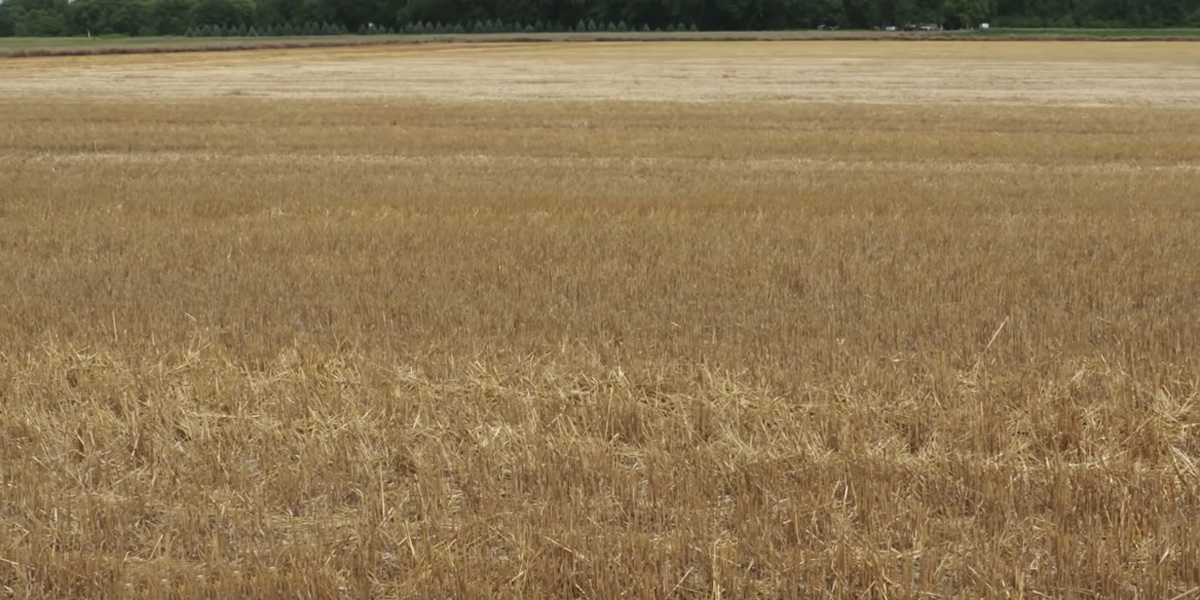
More studies needed on health effects of residues resulting from "burndown" of crops with glyphosate
The new meta-analysis showing that high exposures to glyphosate herbicides are associated with a 41% increase in risk for a cancer called non-Hodgkin lymphoma has focused attention on the use of these herbicides to desiccate ("burndown") crops shortly before harvest.
The authors point to two factors that have led to an increase in the use of glyphosate herbicides. First, in the US, usage increased nearly 16-fold between 1992 and 2009 after the introduction of GM glyphosate-tolerant crops in 1996. In addition, the practice of applying glyphosate-based herbicides to crops shortly before harvest, so-called “green burndown”, began in the early 2000s to speed up their desiccation. As a consequence, state the authors, crops are likely to have higher residues of these herbicides.
The authors add, "By the mid-2000s, green burndown became widespread, and regulatory agencies responded by increasing the permissible residue levels for [glyphosate-based herbicides]."
According to a press release from the University of Washington, where the research was based, "Researchers say more studies are needed to account for the effects of increased exposures from green burndown, which may not be fully captured in the existing studies reviewed in this new publication."
Crops commonly "burned down" with glyphosate prior to harvest include maize, cereals, oilseed rape, legumes including lentils and soybeans, sunflower, and potatoes.
Commenting on the study as a whole, co-author Rachel Shaffer, a UW doctoral student in the Department of Environmental & Occupational Health Sciences, said, “This research provides the most up-to-date analysis of glyphosate and its link with non-Hodgkin lymphoma, incorporating a 2018 study of more than 54,000 people who work as licensed pesticide applicators."
She continued, “These findings are aligned with a prior assessment from the International Agency for Research on Cancer, which classified glyphosate as a ‘probable human carcinogen’ in 2015."
Bayer/Monsanto defence squashed
The new meta-analysis effectively blocks an important element of Bayer/Monsanto's defence in the US cancer litigation cases. Thousands of these cases, in which people claim that exposure to Roundup caused their cancer, are waiting in the wings to be heard. Last year a jury awarded groundskeeper Dewayne "Lee" Johnson multi-million dollar damages against Bayer/Monsanto, based on the probability that exposure to Roundup caused his terminal cancer and that the company failed to warn him of the risks.
In its defence in court Bayer/Monsanto relied heavily on the Agricultural Health Study (AHS), previous publications from which have reported no link between glyphosate herbicide exposure and non-Hodgkin lymphoma. The new meta-analysis looked at the most recent data from the AHS study and found that when people with high exposures were separated out from those with low exposures, a strong link with this type of cancer was present.










